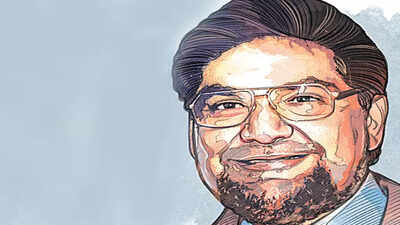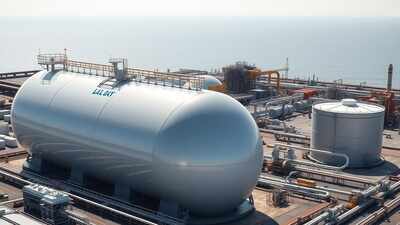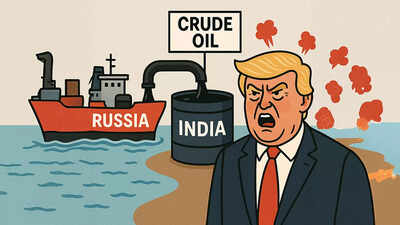Tata Trusts tussle: Majority vote for removal of Mehli Mistry – once seen as Ratan Tata’s closest confidants, says report

Tata Trusts tussle: In a significant development at the Tata Trusts, Mehli Mistry’s position appears uncertain as chairman Noel Tata, vice chairman Venu Srinivasan and trustee Vijay Singh have not approved for extending his term, according to an ET report. Mehli Mistry has been regarded as one of Ratan Tata’s closest confidants.This action likely concludes his association with the principal Tata charitable organisations, sources told ET’s Kala Vijayraghavan and Sagar Malviya. The opposition from three trustees constitutes a majority verdict against Mistry’s continuation at both major trusts where he serves. Sir Ratan Tata Trust (SRTT) and Sir Dorabji Tata Trust (SDTT) collectively have 51% ownership in Tata Sons, whilst the complete trust consortium maintains 66% ownership.The trustee composition at SDTT includes Noel Tata, Venu Srinivasan, Vijay Singh, Mehli Mistry, Pramit Jhaveri and Darius Khambata. SRTT’s trustees are Noel Tata, Venu Srinivasan, Vijay Singh, Jimmy Tata, Jehangir HC Jehangir, Mehli Mistry and Darius Khambata.Given that Mistry is ineligible to vote regarding his own term renewal, the outcome at SDTT represents a majority decision. Similarly at SRTT, considering Jimmy Tata’s usual absence from Trust proceedings, the decision effectively achieves majority status.In a striking coincidence, Mistry’s removal comes in October, the same month when his late cousin Cyrus Mistry was dismissed from his position as Tata Sons chairman in 2016, the ET report said.The trustees communicated their verdict during the late hours of Thursday and early Friday, according to sources. Tata Trusts CEO Siddharth Sharma had proposed the resolution for Mistry’s three-year term renewal last Friday.Despite trustees Darius Khambata, Pramit Jhaveri, and Jehangir Jehangir having provided their approval, the absence of unanimous support has determined Mistry’s outcome, marking another significant change for the prestigious Tata group.Traditionally, trustee appointments and other decisions at Tata Trusts have required unanimous agreement. This convention was first broken on September 11, approximately one year after long-serving leader Ratan Tata’s passing, when trustees used majority voting to remove former defence secretary Vijay Singh from his position as nominee director on Tata Sons’ board. This decision initiated a sequence of events that brought national focus to the internal conflicts within India’s most prominent public trusts.The Sir Dorabji Tata Trust’s deed, established in 1932, stipulates that a quorum requires three trustees’ presence and states that “the decision of a majority of the trustees present at a meeting shall bind the minority”.On October 17, nine days following Ratan Tata’s passing, the trustees convened to mark a significant transitional period. They committed to upholding the founders’ principles and collectively serving the trusts’ objectives. According to the resolution reviewed by ET, they established that all trustees would receive lifetime reappointments upon tenure completion, without temporal restrictions. However, the specific implementation process for this arrangement remains insufficiently detailed.As the promoter of M Pallonji Group, Mistry oversees diverse business interests spanning industrial painting, shipping, dredging and automobile dealerships. His organisation maintains substantial business relationships with various Tata enterprises. The group’s subsidiary, Sterling Motors, operates as a Tata Motors dealership. Their website identifies Tata Steel, Tata Power and Tata Nyk Shipping amongst their “clients/associates”. Additionally, as a trustee of Breach Candy Hospital Trust, he oversees an institution that has received Rs500 crore from the Tata group for facility enhancement.Though distantly related, Mistry shares familial ties with Shapoorji Mistry and the late former Tata Sons chairman Cyrus Mistry. The Shapoorji Pallonji Group, under Shapoorji’s leadership, maintains significant ownership in Tata Sons, holding 18.37% of shares, second only to the trusts. Facing considerable debt, the SP Group has consistently advocated for Tata Sons’ public listing to enhance their liquidity position.






